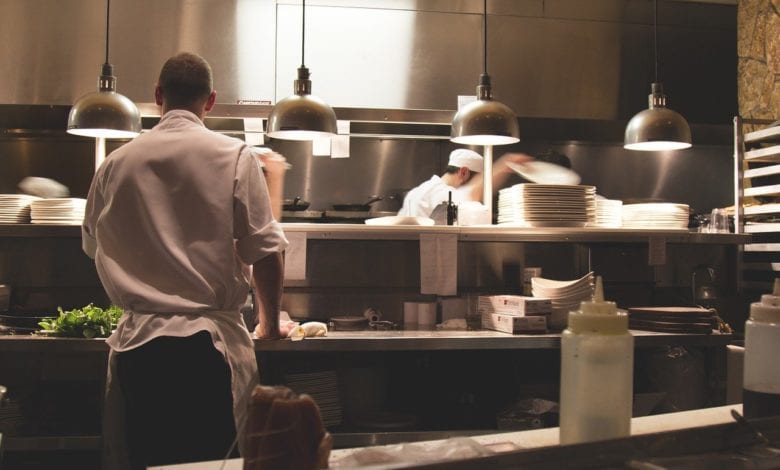Why food businesses are an enticing prospect for angel investors

While it remains a tough time for dining on the High Street, the seeds of recovery are being planted, thanks to the health of start-ups in the food industry. The UK, led by London, is now one of the leading investment centres for the food and beverage sector.

